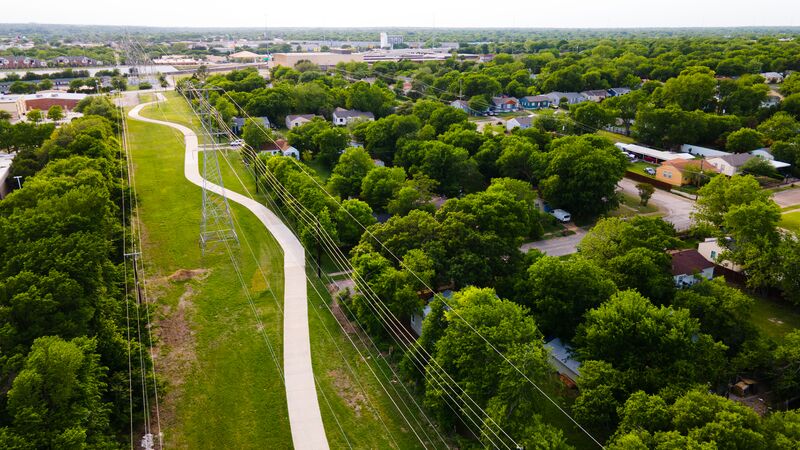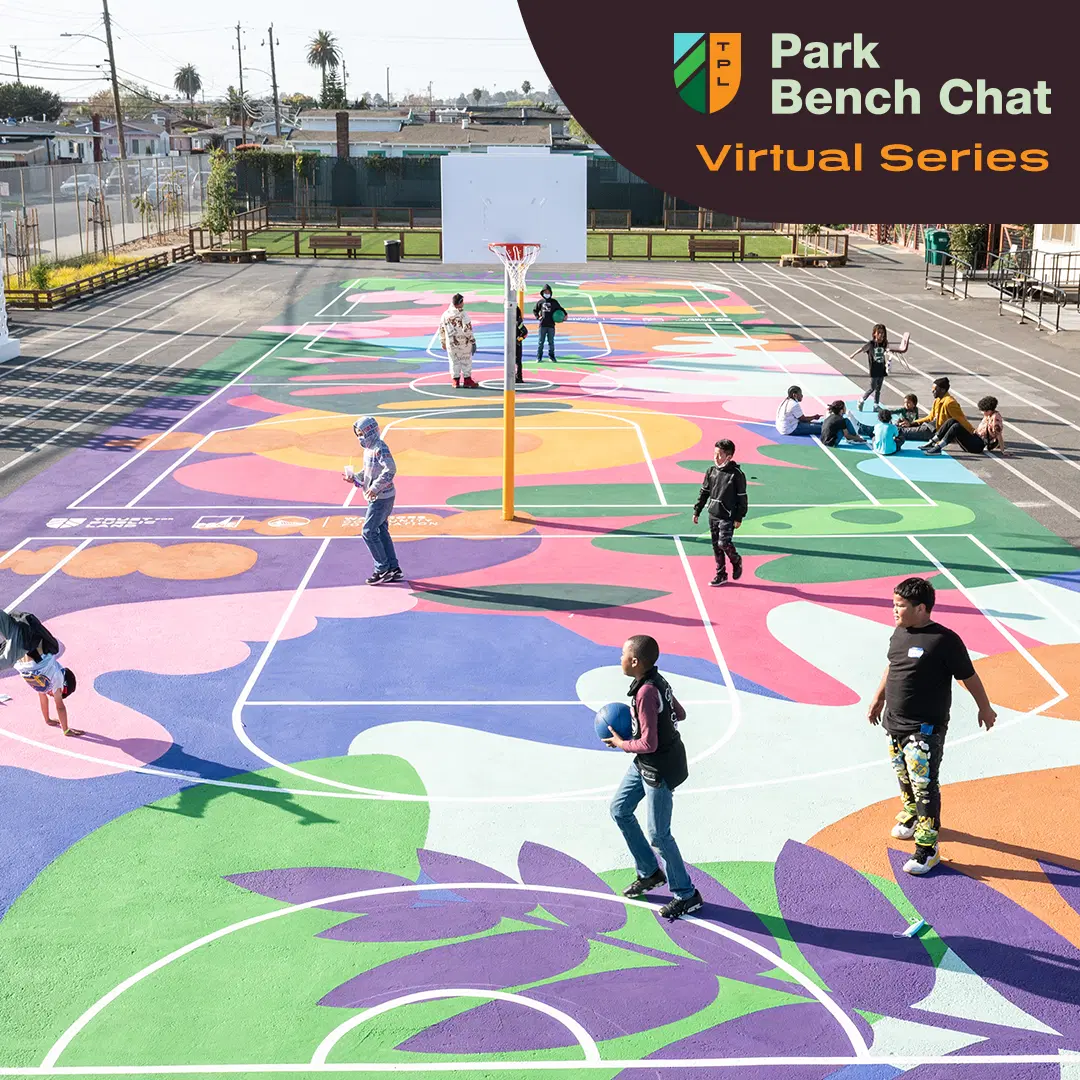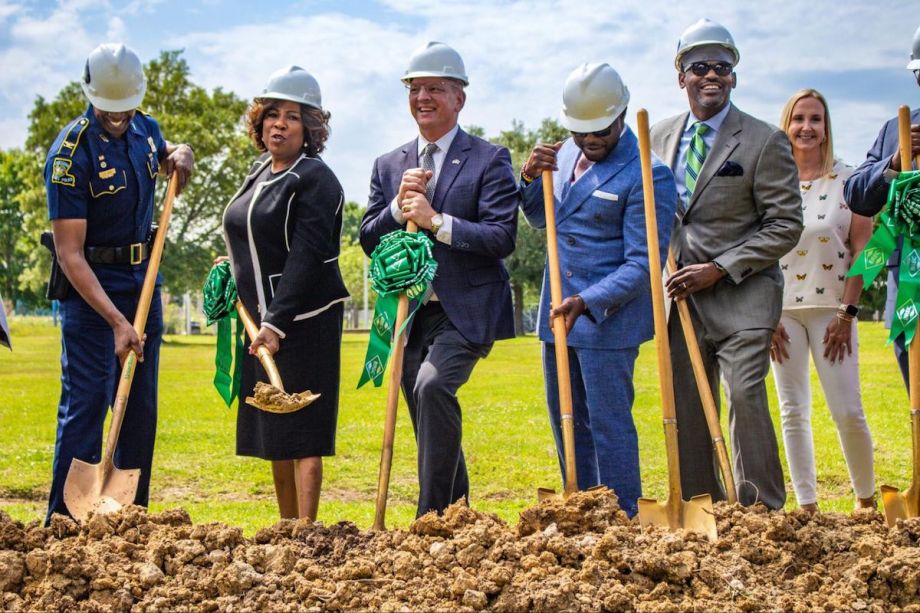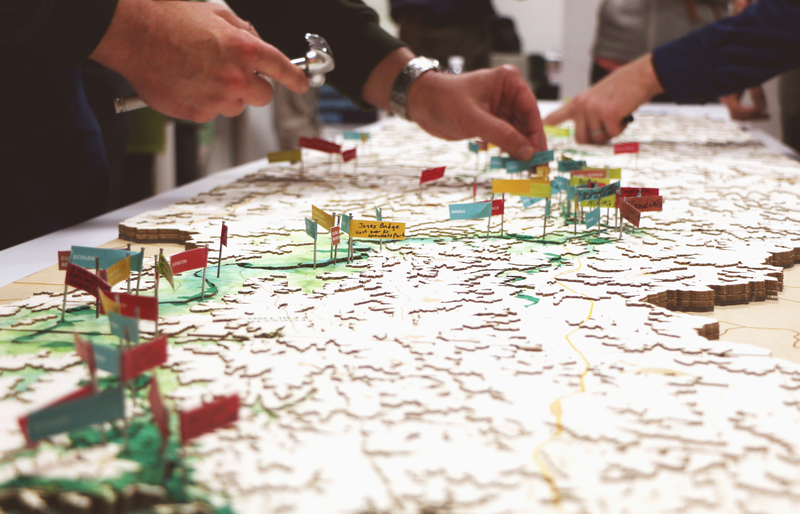
POLICY & RESEARCH
Local Polices for Lasting Impact
Across the United States, more than 100 million people—including 28 million children—lack access to a park or green space within a 10-minute walk of home. In many neighborhoods, especially those with majority residents of color or lower household incomes, existing parks are smaller, serve more people, and receive fewer resources for maintenance and programming.
These inequities reflect generations of disinvestment and exclusionary policies that have shaped who has access to parks and quality public spaces. Local governments have tremendous power to change that. Their decisions influence how land is used, how resources are invested, and how residents participate in shaping their communities.

What We Offer
As a recognized leader in park equity, the 10-Minute Walk program partners with local leaders and practitioners—from mayors and planners to park professionals and community-based organizations—and collaborates across sectors to advance policies that ensure every person, in every neighborhood, can reach a welcoming, well-maintained park within a 10-minute walk of home.
- Collaborative Research: We partner with experts across disciplines to conduct research that informs and drives policy change.
- Actionable Resources: Our guides, reports, and toolkits help translate data into real-world impact.
- Tailored Support: We provide personalized policy assistance and strategic guidance to local governments and community advocates

OUR LOCAL POLICY RESEARCH
Key Park Equity Policies
Toward a 10-Minute Walk Policy Framework
With the right policies, every neighborhood can have access to high-quality parks. But, knowing where to start can be challenging. Key Park Equity Policies: Toward a 10-Minute Walk Policy Framework identifies eight municipal policy areas essential for expanding park access and keeping equity at the center.
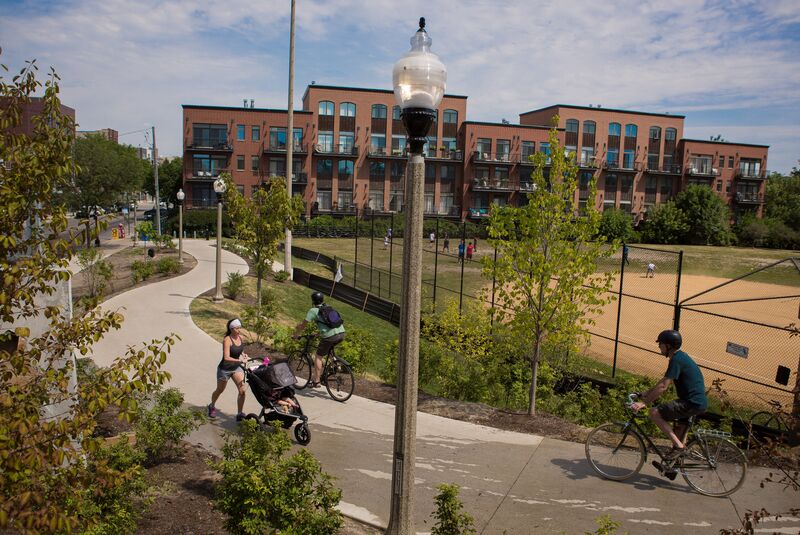
ACADEMIC PUBLICATION
Advancing equitable park access: a policy scan of 25 U.S. cities
In partnership with researchers at the College of Charleston and the University of South Carolina, Advancing Equitable Park Access: A Policy Scan of 25 U.S. Cities examines how local policies are shaping who has access to parks and green space. This first-of-its-kind study validates the 10-Minute Walk Park Equity Policy Framework and documents how cities across the country are using policy to expand park access and advance equity.
Explore Park Equity Policies and Strategies
Discover local policies and strategies to deliver parks that every community deserves.
New Report: From Development Policy to Parks
Expanding Park Access Through Dedication Ordinances and Impact Fees
As cities grow, housing development and park access don’t always keep pace. Without equitable land use policies—such as park dedication ordinances and impact fees—new development can widen the park equity gap, leaving neighborhoods without the green space they need for health, climate resilience, and quality of life.
New research from Trust for Public Land shows the opportunity—and the urgency—for local governments to use development policy to ensure park creation grows alongside new development and population change.
As cities grow, housing development and park access don’t always keep pace. Without equitable land use policies—such as park dedication ordinances and impact fees—new development can widen the park equity gap, leaving neighborhoods without the green space they need for health, climate resilience, and quality of life.
New research from Trust for Public Land shows the opportunity—and the urgency—for local governments to use development policy to ensure park creation grows alongside new development and population change.










